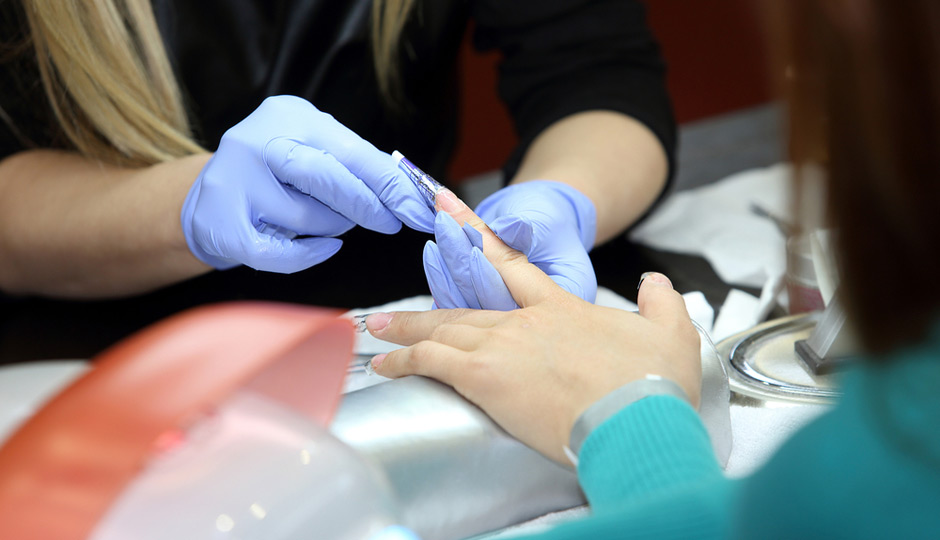The Dark Side of Getting Cheap Manicures

Why you might want to reconsider that $8 mani. | Shutterstock
There’s a price to pay for polished nails. And if you’re paying less than $10.50 for your biweekly manicure, then you might want to consider switching salons. At least, that’s what the New York Times dug up in “The Price of Nice Nails”, its recent exposé on the cheap nail salon industry in New York City. “With fees so low, someone must inevitably pay the price,” author Sarah Maslin Nir writes. Nir uncovered unfair wages, health hazards and deplorable business practices while interviewing dozens of nail technicians.
Here’s how to spot likely offenders:
“’You can be assured, if you go to a place with rock-bottom prices, that chances are the workers’ wages are being stolen,’ said Nicole Hallett, a lecturer at Yale Law School who has worked on wage theft cases in salons. ‘The costs are borne by the low-wage workers who are doing your nails.’”
Nir also disclosed the hierarchy amongst salon professionals, who despite trained, rake in subpar wages.
“’Big Job’ employees are veterans, experts at sculpting false nails out of acrylic dust. It is the most lucrative salon job, yet many younger manicurists avoid it because of the specter of serious health issues, including miscarriages and cancer, associated with inhaling fumes and clouds of plastic particles. ‘Medium Job’ workers do regular manicures, while ‘Little Job’ is the category of the beginners. They launder hot hand towels and sweep toenail clippings. They do work others do not want to do, such as pedicures.'”
Sure, the story was detailing New York City salons, but we can’t help but be skeptical of manis that are so cheap they seem unsustainable. In response to the story, local nail salon Lacquer Lounge (we gave ’em Best of Philly for quickie mani last year) posted on Instagram:
The takeaway: be mindful of where you decide to get your nails buffed and polished. If it seems too good (or cheap!) to be true, you might be aiding an industry that’s harmful and exploitative to its workers.
